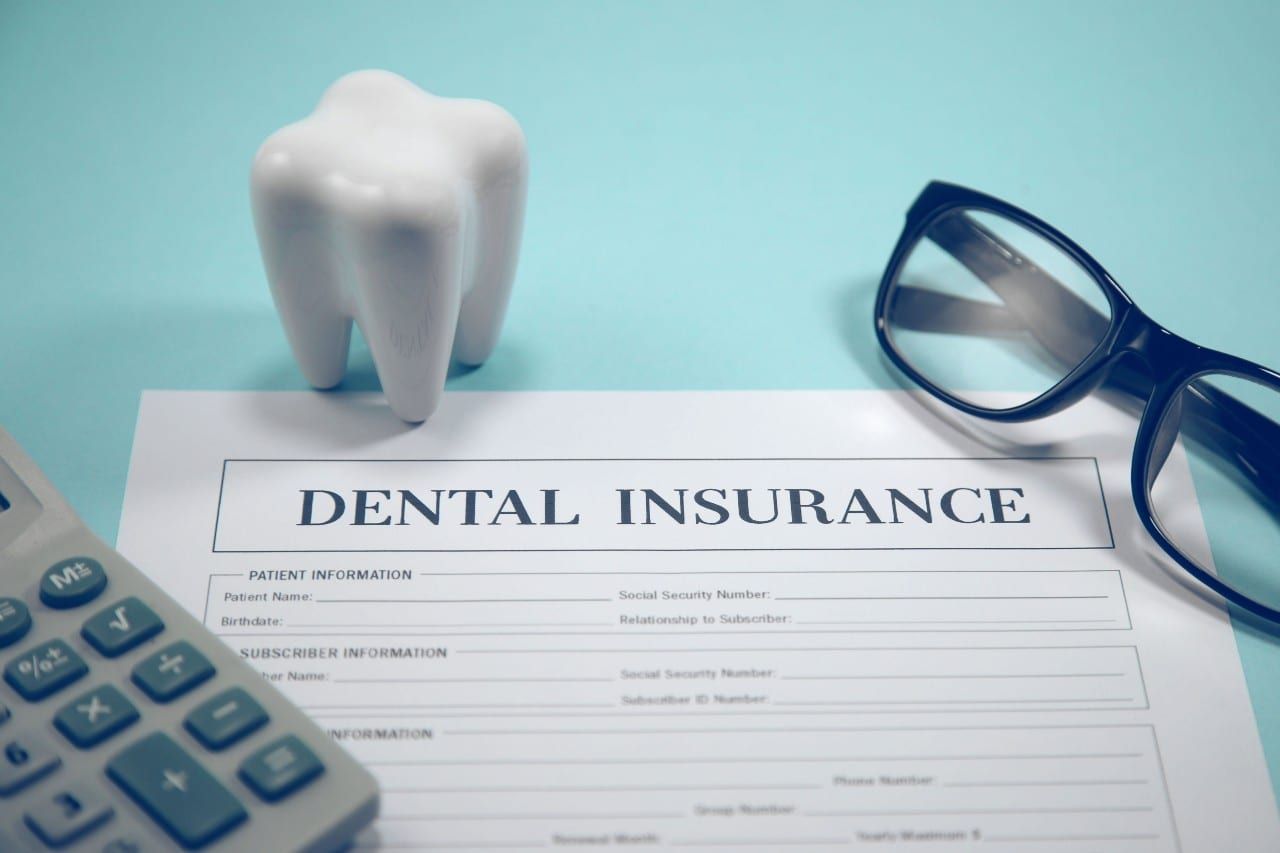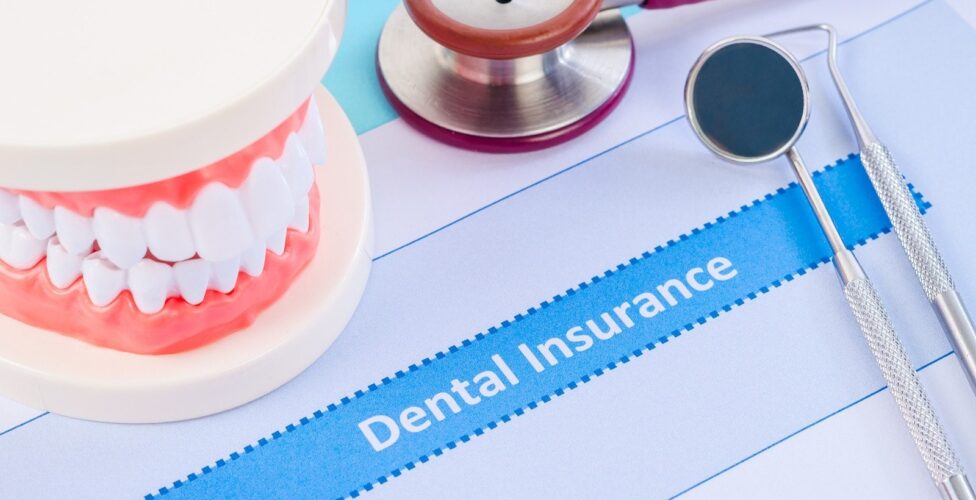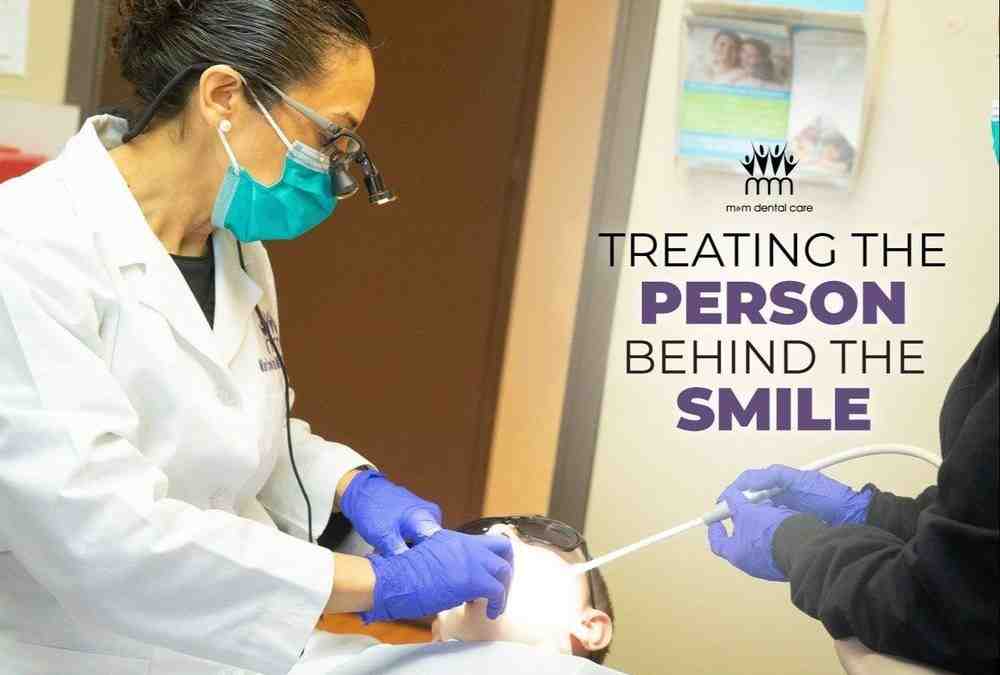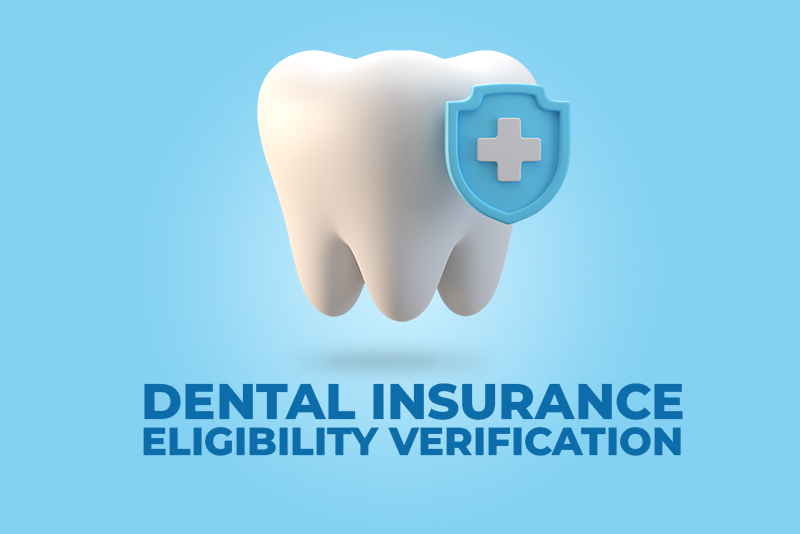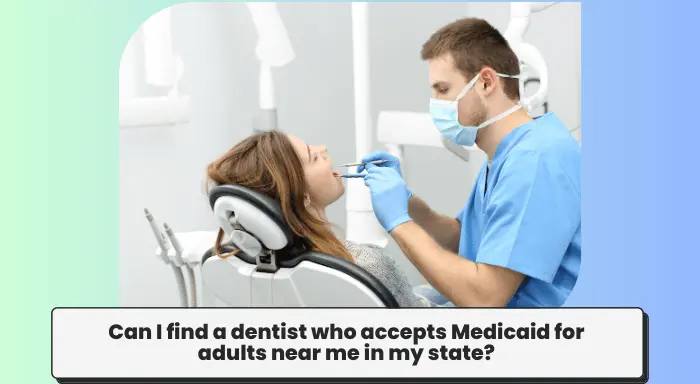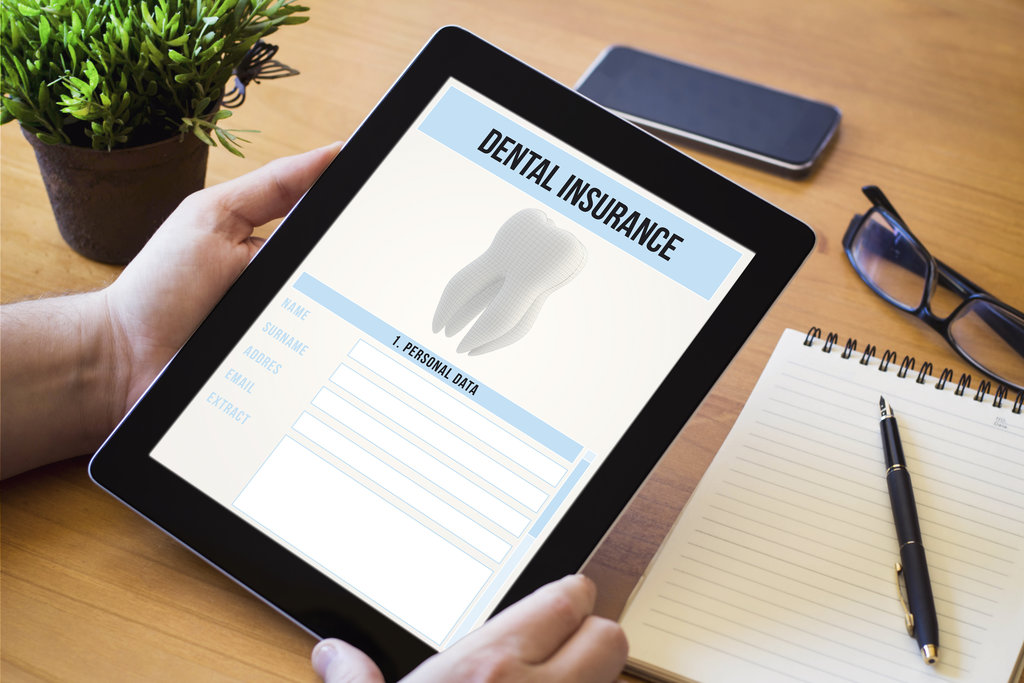How Do I Find A Dentist That Accepts My Insurance

Navigating the complexities of dental insurance can feel like a root canal without anesthesia. Millions of Americans struggle to find dentists who accept their insurance plans, leading to delayed care and potentially worsening oral health issues. The frustration is palpable, with many feeling trapped between the need for affordable dental care and the labyrinthine network restrictions imposed by insurance companies.
The core issue lies in understanding how to effectively locate a dentist within your insurance network. This involves leveraging online tools, directly contacting insurance providers, and understanding the nuances of in-network versus out-of-network care. Ultimately, the goal is to secure quality dental treatment without incurring exorbitant out-of-pocket expenses. Finding an appropriate provider requires proactive research and an understanding of your coverage details.
Understanding Your Dental Insurance Plan
Before embarking on your search, thoroughly review your dental insurance plan details. Identify the type of plan you have: HMO (Health Maintenance Organization), PPO (Preferred Provider Organization), or a discount plan. HMO plans typically require you to choose a primary care dentist from their network, and referrals are often needed to see specialists.
PPO plans offer more flexibility, allowing you to see any dentist you choose, but you'll usually pay less if you stay within the network. Discount plans offer reduced fees at participating dentists, but are not insurance in the traditional sense. Determine your deductible, co-insurance, and annual maximum benefits, and understand what services are covered.
Leveraging Online Resources
Most insurance providers offer online directories of in-network dentists. These directories can usually be found on the insurer's website or through a member portal. Use the search filters to narrow down your options by location, specialty (e.g., general dentistry, orthodontics, pediatric dentistry), and even language spoken.
Verify that the information in the directory is current by calling the dentist's office directly. Online review sites can also provide valuable insights into the quality of care and patient experiences. However, it's important to approach these reviews with a critical eye, considering that they may be subjective.
Contacting Your Insurance Provider Directly
If the online directory proves insufficient, don't hesitate to contact your insurance provider directly. Customer service representatives can confirm whether a specific dentist is in-network and answer any questions about your coverage. They can also provide a list of dentists in your area that meet your criteria, especially if you have specific needs, such as wheelchair accessibility or evening appointments.
Keep a record of your conversations with customer service, including the date, time, and the representative's name. This can be helpful if you encounter any discrepancies later on. Obtain any confirmations or authorizations in writing.
In-Network vs. Out-of-Network Care
Choosing an in-network dentist is generally more cost-effective, as they have agreed to accept negotiated rates with your insurance company. Seeing an out-of-network dentist may result in higher out-of-pocket costs, as you'll likely be responsible for the difference between the dentist's charges and what your insurance company is willing to pay.
However, there may be situations where seeing an out-of-network dentist is necessary or desirable, such as for specialized treatment or if you have a long-standing relationship with a dentist who is not in your current network. In these cases, it's essential to understand your plan's out-of-network benefits and negotiate payment options with the dentist's office. Pre-authorization may be required for certain procedures to determine coverage.
The Role of Dental Associations
Professional organizations like the American Dental Association (ADA) and state dental societies don't maintain lists of dentists who accept specific insurance plans. However, they can provide valuable information about dental health, finding a dentist, and understanding your rights as a patient. Many state dental societies offer referral services or online search tools to help you find a dentist in your area.
These organizations can also be a resource for resolving disputes with dentists or insurance companies. If you feel you have been treated unfairly, consider filing a complaint with your state dental board or insurance commissioner. These bodies can investigate complaints and take action against dentists or insurance companies that violate regulations.
Looking Ahead: The Future of Dental Insurance
The dental insurance landscape is constantly evolving, with increasing emphasis on preventative care and integrated medical-dental benefits. Some employers are exploring alternative dental benefit models, such as direct reimbursement plans or on-site dental clinics. These options can offer greater flexibility and cost savings for employees.
Advocacy efforts are also underway to improve dental insurance coverage and access to care, particularly for underserved populations. The ADA and other organizations are working to promote policies that expand dental benefits under Medicaid and the Affordable Care Act. Staying informed about these developments can help you navigate the complexities of dental insurance and ensure you receive the care you need.





